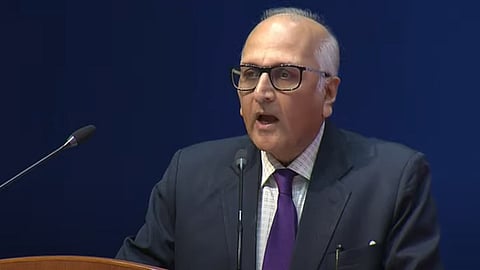
- News
- Columns
- Interviews
- Law Firms
- Apprentice Lawyer
- Legal Jobs
- हिंदी
- ಕನ್ನಡ

Supreme Court judge Justice S Ravindra Bhat on Saturday lamented the fact that the Protection of Children from Sexual Offences Act (POCSO Act) was currently being understood in a rather unidimensional manner.